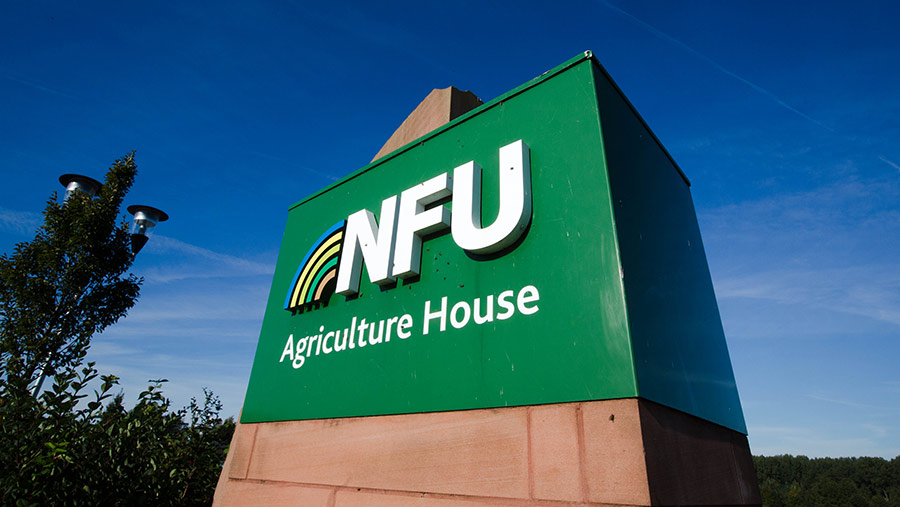Editor’s View: What NFU coronation says about our sector
 © Tim Scrivener
© Tim Scrivener Why has only one person put themselves forward to be president of the NFU?
Nominations for the race closed a few weeks ago with the current deputy president, Tom Bradshaw, as the only candidate.
Hustings have been taking place for the top three jobs since, with the race for deputy and vice-president better contested – albeit mostly by those who have been in the running before.
See also: Analysis: NFU presidential hopefuls quizzed at online hustings
In Talking Point, former deputy president Guy Smith also addresses this question, focusing on the method by which NFU presidents are chosen, the current dispiriting farming backdrop and the scrutiny that comes with the role.
And there is no doubt that Mr Bradshaw will be stepping into a role with long hours of toil and where success is often based on factors beyond his control, such as the whims of politicians. Is this the full picture?
The conspiratorial side of my mind wonders if private deals have been struck to ensure rivals sheath their swords for now to avoid a battle for the top job that would expose splits.
Political buffs may remember the infamous tales of the Granita restaurant meeting between Tony Blair and Gordon Brown in 1994 to thrash out who would be the Labour leader first.
Then one must also consider the size of the pool from which leaders can be picked.
This is not so much a comment on how many members the NFU has (51,764 as at 31 October 2022 versus a peak of 210,000 in the mid-1950s), but how many have the capacity to be absent from the farm?
The ever-tighter pressure on budgets surely means there are a lot fewer folk with the freedom to even attend branch meetings at night, let alone be away for much of the week.
For those with young families, perhaps even our changing attitude to parenthood has played a role.
Was it more socially acceptable in days gone by to be a more absent father (of course, union officeholders were almost all men in the last century) than it is now?
For all this, the prize remains large, and I suggest, underpriced.
The chance to be the voice of our rowdy and rambunctious sector. The chance to sometimes be in the room where it happens. The chance, just occasionally, to move the needle in our favour.
It is in the interest of our whole sector if all membership organisations are lively, well-attended and ringing with the clash of ideas from which workable compromises emerge.
Those who cannot foster that spirit will surely, in time, be shoved aside by those who can.

